24/7 Helpline:
(866) 899-221924/7 Helpline:
(866) 899-2219
Learn more about Klonopin Rehab centers in Scott County

Other Insurance Options

AllWell

Anthem

Sliding scale payment assistance

Magellan Health

American Behavioral

CareFirst

CareSource

Excellus

Oxford

MHNNet Behavioral Health

Medical Mutual of Ohio

Multiplan

Health Choice

Cigna

Humana

Highmark

Kaiser Permanente

Ambetter

MVP Healthcare

Molina Healthcare

New Vision Counseling
New Vision Counseling, located in Sikeston, Missouri, offers behavioral health care and mental healt...

Gibson Recovery Center
Gibson Recovery Center is a non-profit rehab located in Sikeston, Missouri. Gibson Recovery Center s...

Awakenings
Awakenings is a private rehab located in Kelso, Washington. Awakenings specializes in the treatment ...


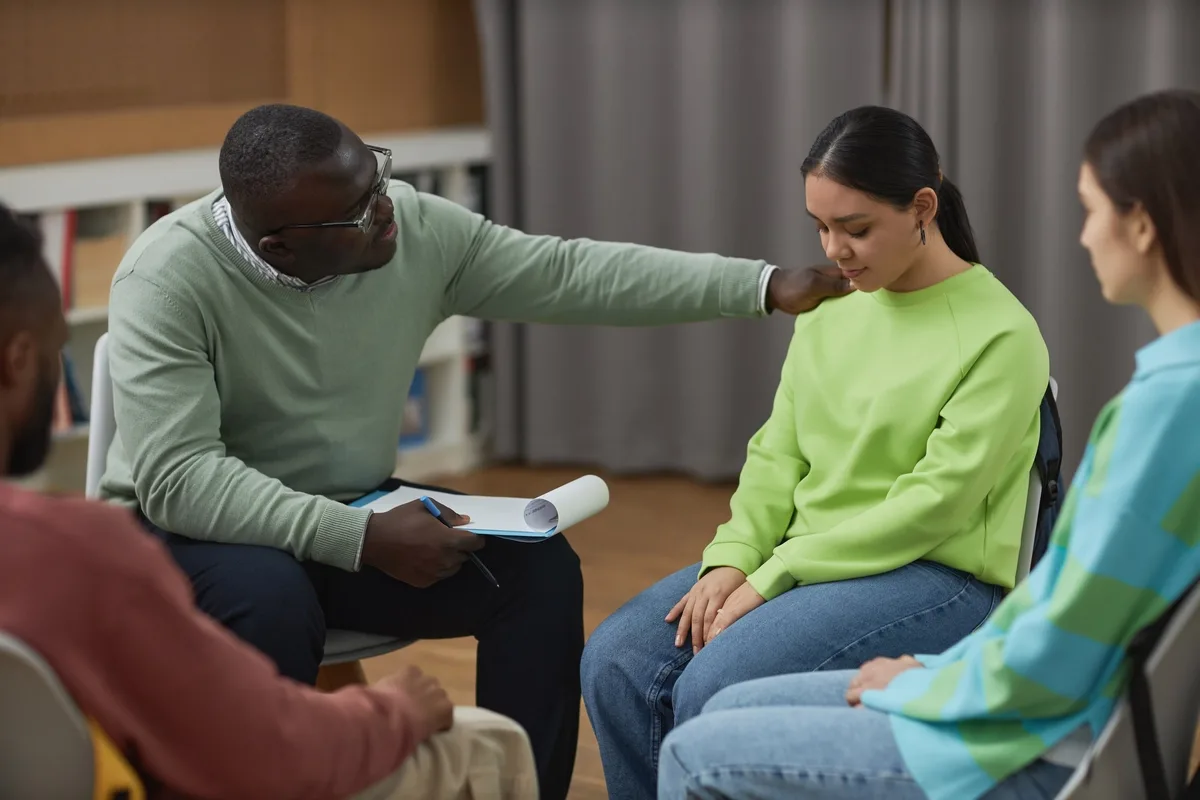






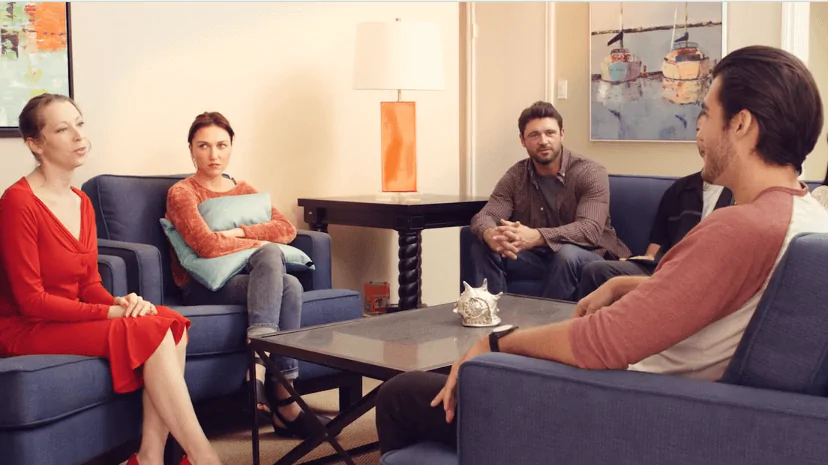



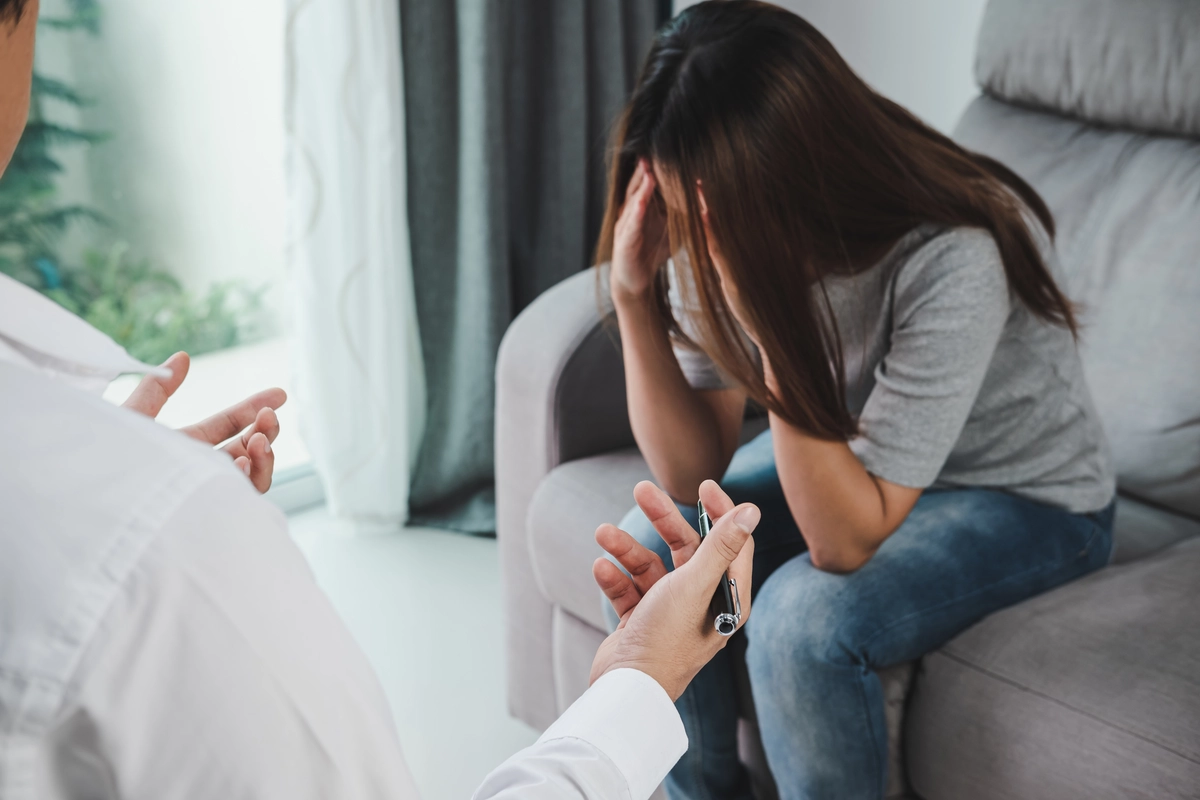







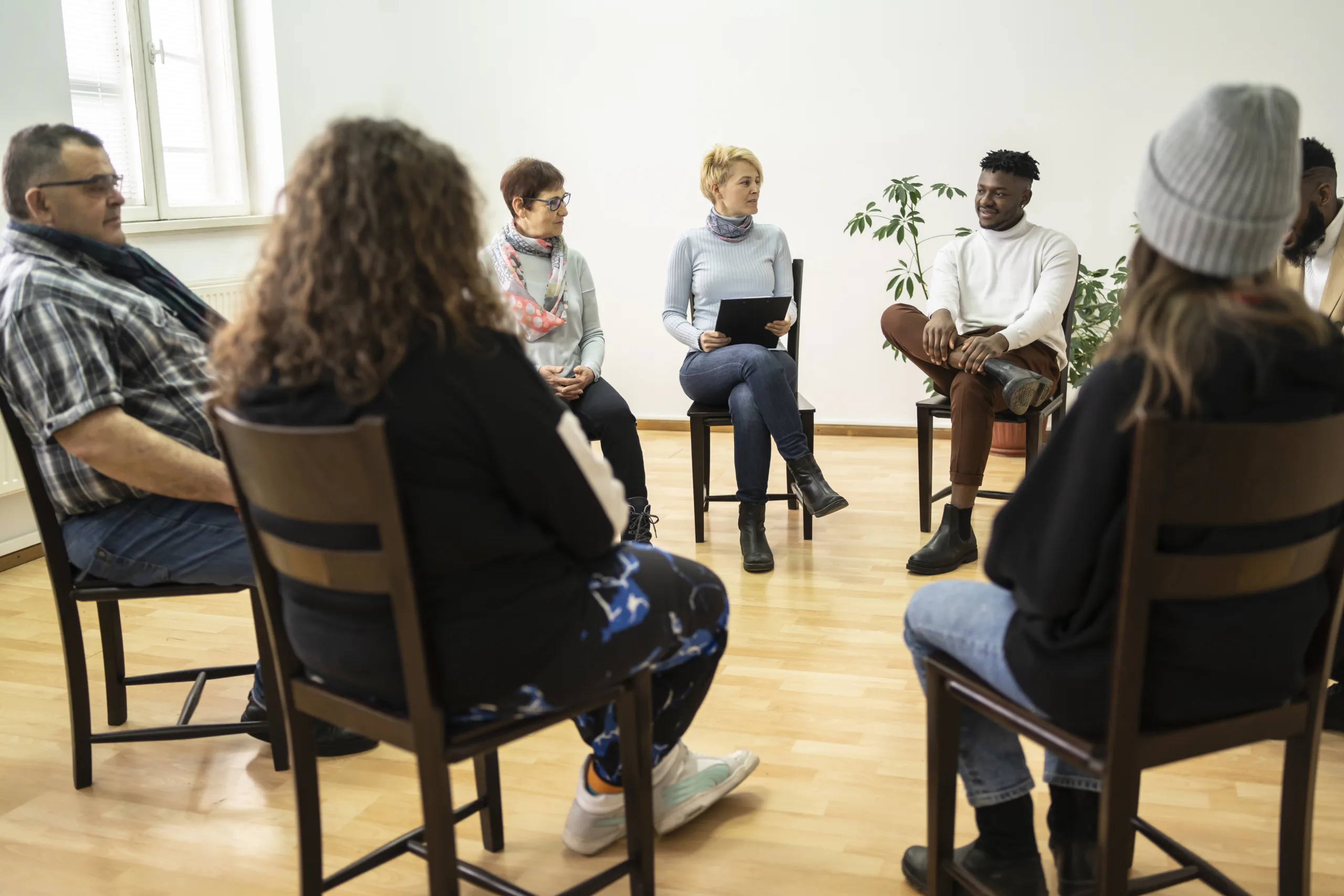









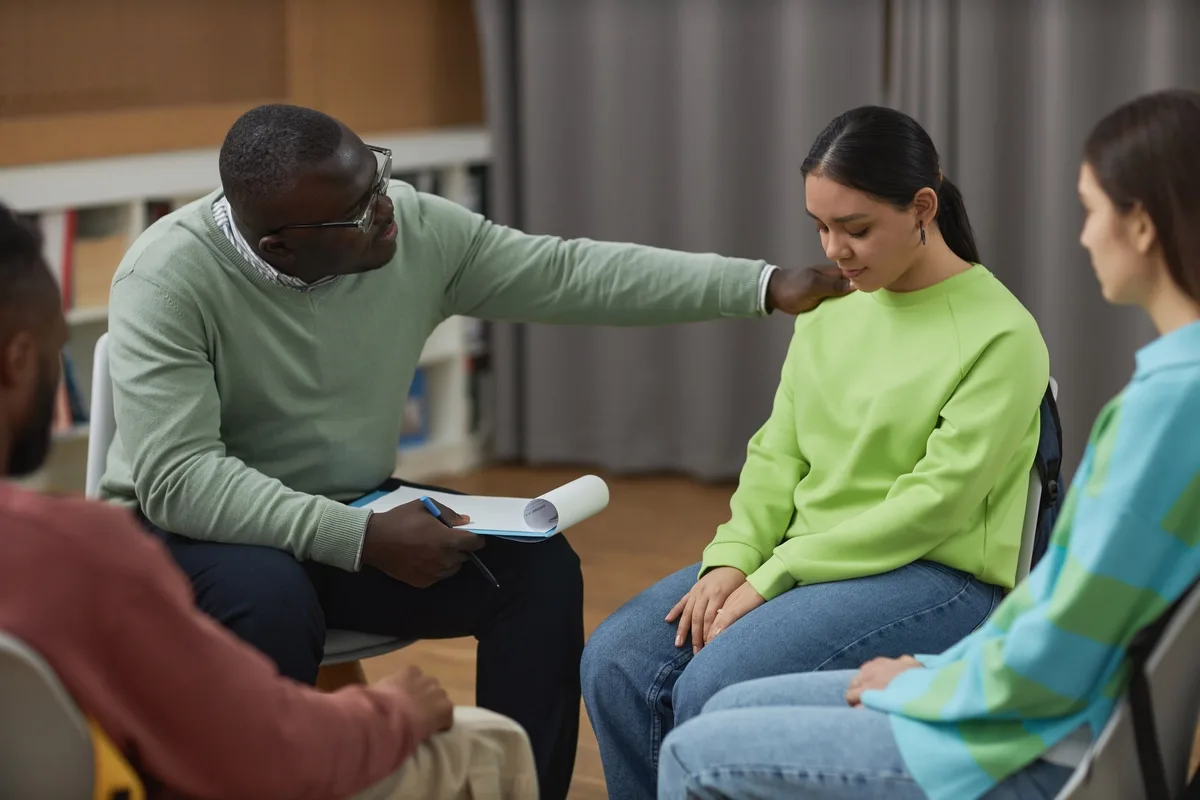


Bootheel Counseling Services
Bootheel Counseling Services offers outpatient counseling services for individuals or families strug...

Fair Havens Recovery Center
Fair Havens Recovery Center is a private rehab located in Sikeston, Missouri. Fair Havens Recovery C...

Kelso Treatment Solutions
Kelso Treatment Solutions is a private rehab located in Kelso, Washington. Kelso Treatment Solutions...












































